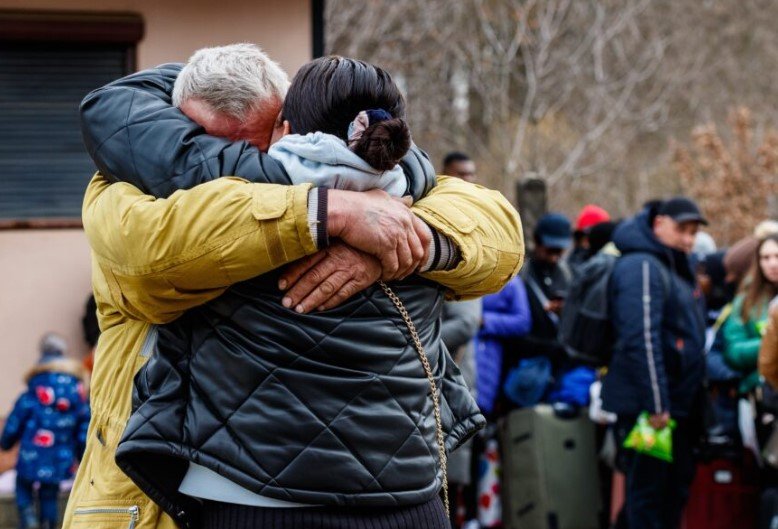The EU4Culture Network Festival, titled “City Stories, Diverse Voices – Action,” recently concluded its four-year journey with a grand finale in Georgia. Held at Art House Gori on September 21, 2024, the festival showcased the achievements of the EU-funded project, which aimed to foster cultural development and integration within Georgia and its neighboring countries. The event featured over 25 Georgian artists alongside participants from Armenia, Azerbaijan, Belarus, and Ukraine, highlighting the project’s success in promoting cultural exchange and collaboration.
Celebrating Cultural Diversity
The festival’s finale was a vibrant celebration of cultural diversity, bringing together artists and cultural professionals from various backgrounds. The event included a wide range of activities such as art exhibitions, audiovisual performances, dance shows, public talks, workshops, and film screenings. These activities provided a platform for artists to showcase their work and engage with audiences, fostering a deeper understanding and appreciation of different cultures.
One of the highlights of the festival was the participation of artists from the Eastern Partnership countries. Their involvement underscored the project’s commitment to promoting cross-cultural dialogue and cooperation. The diverse lineup of performances and exhibitions reflected the rich cultural heritage of the region, offering attendees a unique and enriching experience.

The festival also featured discussions on the importance of cultural integration and the role of the arts in building bridges between communities. These conversations highlighted the project’s impact on fostering mutual respect and understanding among different cultural groups.
Achievements and Impact
Over the past four years, the EU4Culture project has made significant strides in supporting cultural development in Georgia. One of the most notable achievements is the creation of cultural development agendas for the cities of Poti, Kutaisi, and Zugdidi. These agendas provide a clear roadmap for the cultural growth of these cities, positioning them as key players in Georgia’s creative landscape.
The project has also facilitated the exchange of ideas and creative projects through mobility grants. Nearly 70 Georgian artists and cultural professionals received grants, enabling them to connect with international networks and realize their creative visions on a global stage. This support has been instrumental in enhancing the visibility and impact of Georgian art and culture.
In addition to supporting artists, the project has provided customized training for 60 public officials and cultural professionals. These training programs focused on key topics such as cultural enterprise, internationalization, and the use of cultural indicators. The knowledge and skills gained through these programs have empowered participants to contribute more effectively to the cultural sector.
Looking Ahead
As the EU4Culture project concludes, its legacy continues to shape the cultural landscape of Georgia. The project’s success has laid a strong foundation for future cultural initiatives, inspiring continued investment in the arts and cultural development. The relationships and networks established through the project will continue to foster collaboration and innovation in the cultural sector.
The festival’s finale was not just a celebration of past achievements but also a look towards the future. The EU ambassador to Georgia, Pawel Herczynski, emphasized the importance of ongoing cultural dialogue and cooperation. He expressed confidence that the work done through the EU4Culture project will have a lasting impact, helping Georgian arts and culture take their rightful place on the European stage.
Moving forward, the focus will be on sustaining the momentum generated by the project. Continued support for cultural initiatives and the development of new projects will be crucial in maintaining the progress achieved. The success of the EU4Culture project serves as a testament to the power of cultural exchange in building a more inclusive and connected world.
